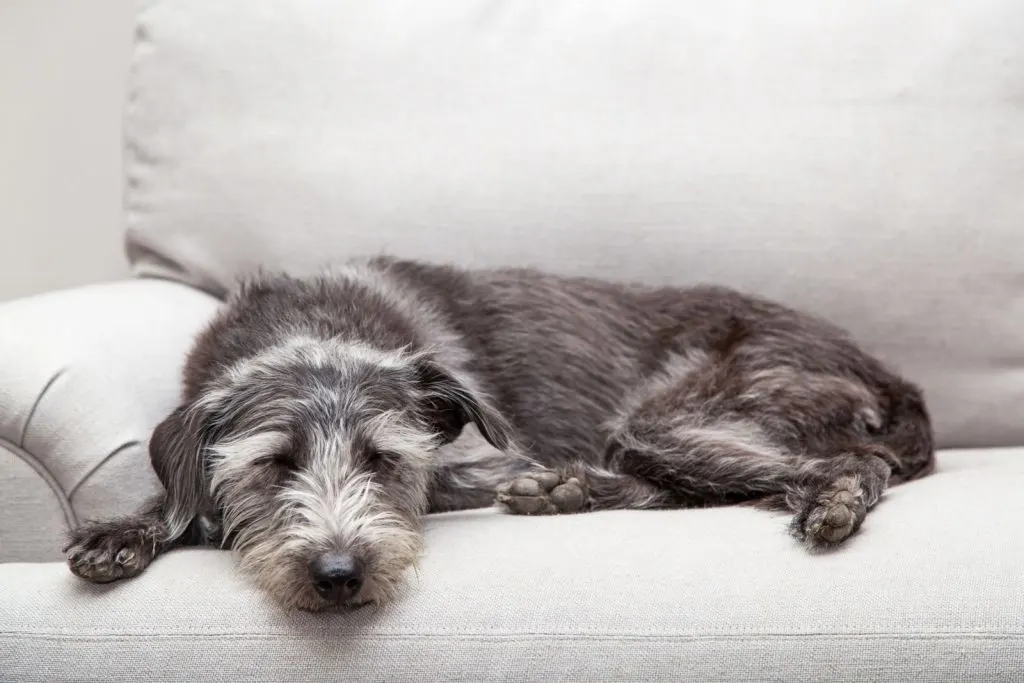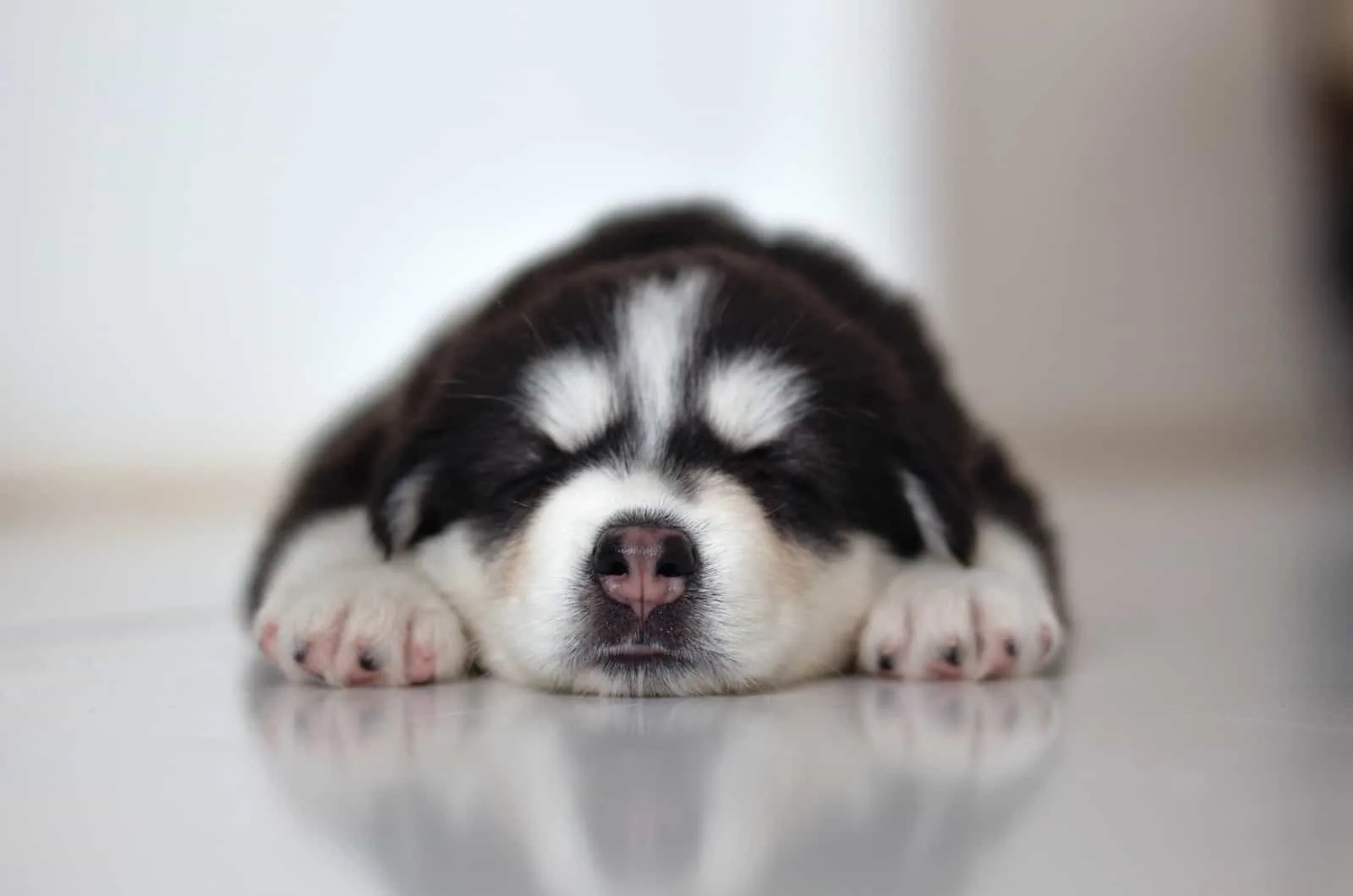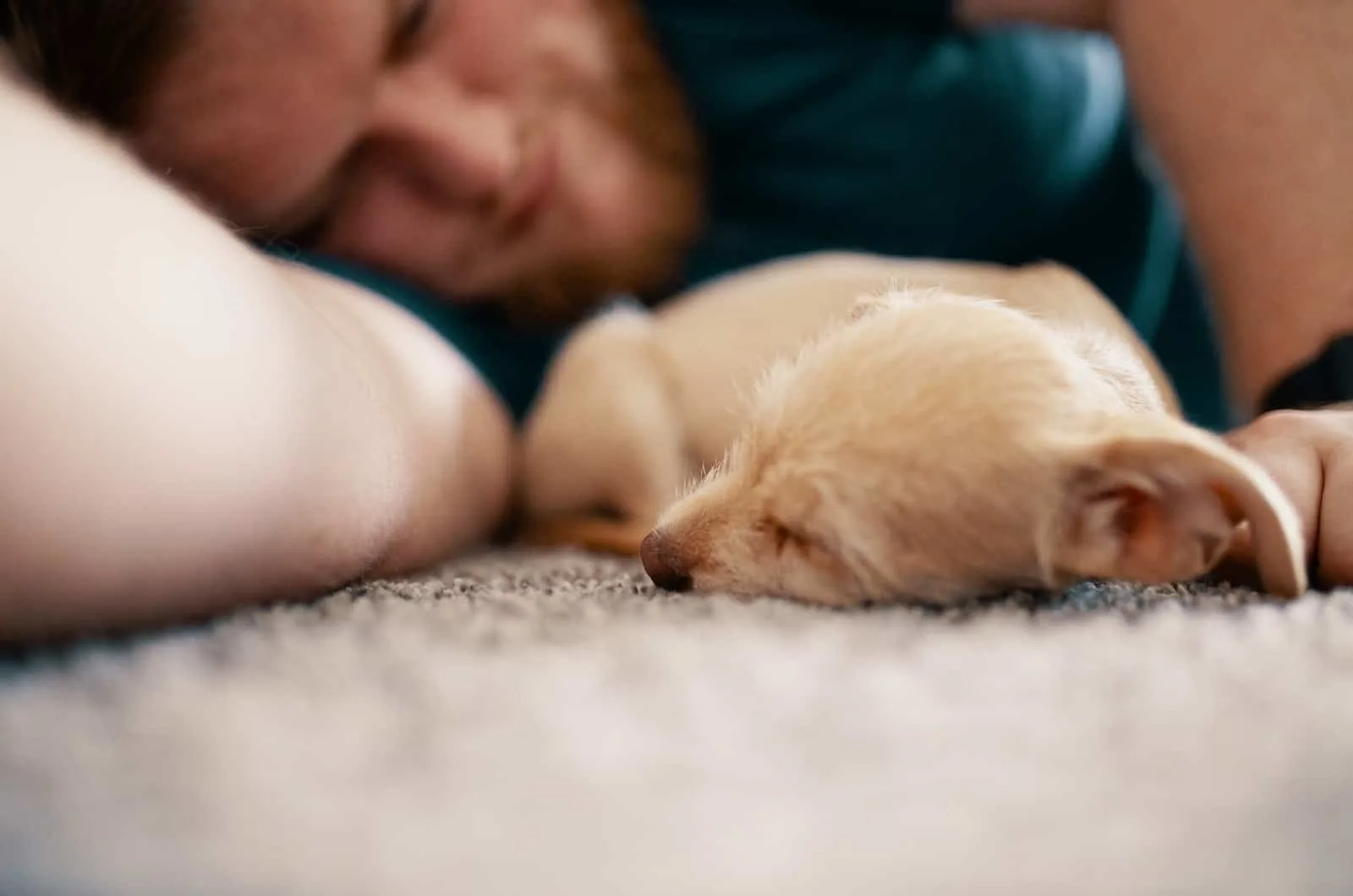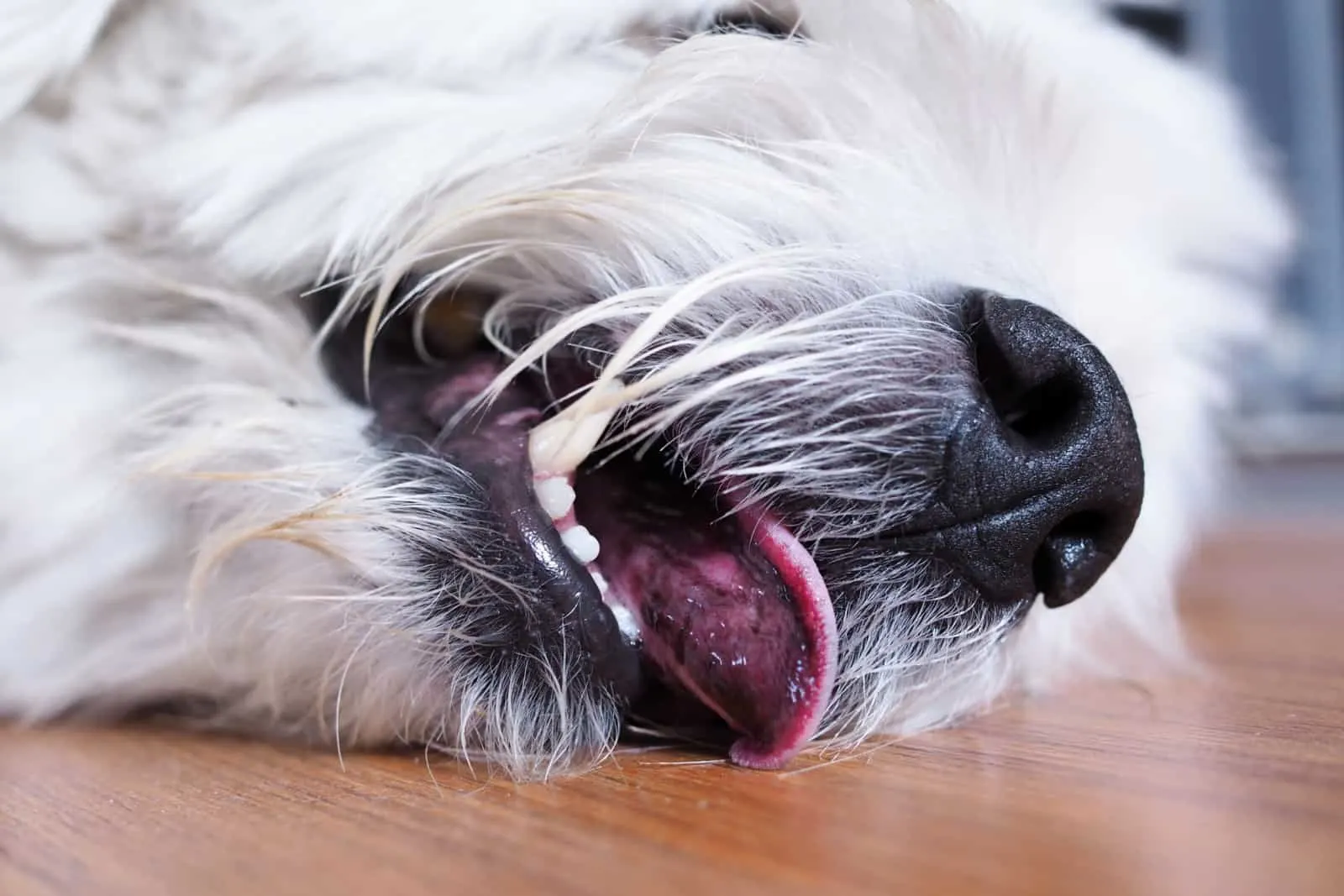Decoding the Puzzle: Why Your Canine Companion Might Sob While Sleeping
Our four-legged friends often engage in behaviors that leave us perplexed and concerned. One such behavior is when your dog cries during slumber. But what could be the underlying causes of this phenomenon?
There are several potential explanations, ranging from mild and harmless to signs of deeper, potentially serious issues.
A mild cause could be a simple nightmare that occasionally haunts your dog, while a more severe reason might involve a seizure.
Understanding the distinction between benign and concerning instances is crucial, as this matter is not always straightforward.
Fortunately, severe cases are relatively rare, so if your furry companion cries in his sleep, excessive worry is usually not warranted.
Nonetheless, it’s a good idea to explore the possibilities, just in case.
Experiencing Nightmares One common factor associated with a dog’s nighttime whining is distressing dreams. Similar to humans, dogs can have unsettling experiences conjured by their minds during sleep cycles, resulting in distressing nightmares.
This can lead to crying, whining, and restlessness while the dog is asleep. This occurrence is more frequent among puppies recently separated from their mother as they adjust to new surroundings.
Even for well-trained pups, this transitional phase can be challenging, despite the kindness of their new owners.
Fortunately, this adjustment period tends to be brief, especially if separation is the root cause. These nightmares should diminish within a month. Occasional random nightmares may continue, but they’re generally normal.
It’s important not to wake your dog if you hear him whining. Let the episode pass naturally, as abruptly waking him could negatively affect his mood and overall well-being. Additionally, there’s a risk of your dog reacting aggressively due to confusion.
Lack of Training to Stop Whining Puppies that whimper and cry during sleep often outgrow this behavior as they mature, but sometimes this habit persists unless addressed through proper training. While this may inconvenience the owner by disrupting their sleep, it’s more of an issue for the owner rather than a problem for the dog. If this bothers you, consult a dog trainer or enroll your dog in behavior training to tackle the whining.
Separation Anxiety Similar to a puppy crying for its mother after being rehomed, adult dogs can exhibit the same behavior when they are left alone without their beloved owner. This is particularly common in dogs prone to separation anxiety and those that haven’t been trained to manage it.
Babysitters or caretakers may hear the dog cry in its sleep if it feels the absence of a familiar presence or if it hasn’t seen the owner return before going to rest.
Another common scenario is if you don’t consistently keep the dog near you, leading to whining both when awake and during sleep due to missing you.
While this behavior might be physically harmless, it’s not emotionally healthy and should ideally be addressed before worsening.
Fear and Anxiety Various forms of anxiety, especially fears, can trigger dogs to cry in their sleep. For instance, the sound of thunder or other loud noises can evoke this response. If the noise is loud enough for the dog to subconsciously notice during sleep, it can result in crying and restlessness without full awakening.
Minimize this trigger by creating a sleep environment that isolates external sounds as much as possible.
Seizures The most serious and dangerous reason for a dog crying in its sleep is if it experiences seizures. These seizures can be perilous even during sleep and can be difficult to differentiate from other causes.
Some signs that might indicate a seizure include the intensity of the dog’s movements during the episode. The body may exhibit spasms and cramps with sudden, stiff movements. Incontinence might also occur, and excessive drooling or breathlessness after waking up could be indicative of a seizure.
If you suspect a seizure, it’s crucial to consult a vet for an evaluation.
Underlying Health Issues Various health problems that dogs experience can manifest with symptoms that emerge during sleep. This can include bone-related issues like hip and elbow dysplasia or joint discomfort, particularly in senior dogs. Discomfort related to gastrointestinal issues or other serious health problems can also lead to crying during sleep.
If your dog’s crying during sleep is unusual or accompanied by other symptoms, it’s important to seek veterinary attention promptly.
Preventing Future Crying Episodes Prevention strategies depend on the cause. Behavioral issues from puppyhood can often be mitigated through training, ensuring both you and your dog get restful sleep.
For fears, removing the trigger from your dog’s sleeping environment can help.
Health problems require addressing the underlying issue, and sometimes treatment will lead to a reduction in crying.
In serious cases like chronic joint issues or seizures, vigilant care is crucial, although complete elimination of the issue might not be possible.
Remember, waking your dog abruptly is not advisable, as it can lead to injury. Instead, if you need to rouse your dog, use a noise or call from a distance to avoid startling him.
In conclusion, if your dog cries in his sleep, it’s often nothing to worry about, especially in young pups. In most cases, this behavior stems from adjustment or separation anxiety. If the problem persists or seems more serious, consult a vet for guidance and proper diagnosis.







